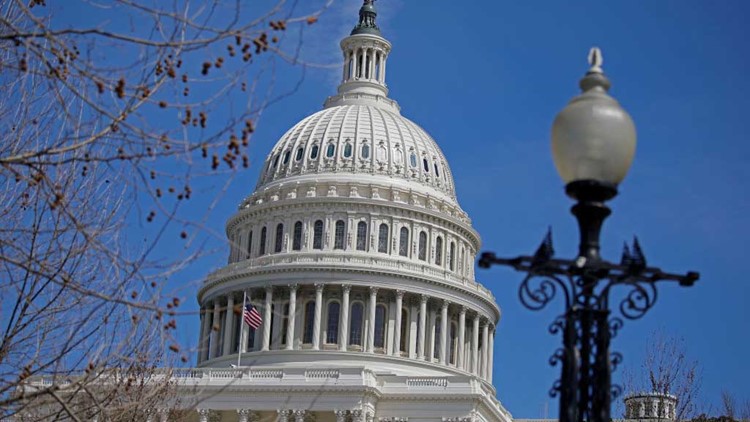Republican U.S. Sen. Ron Johnson's two-year push to enact a "right-to-try" bill hit the home stretch Tuesday after the House of Representatives approved the measure and sent it to President Donald Trump's desk for final signature.
The bill allows terminally ill patients to receive experimental drugs not approved by the U.S. Food and Drug Administration. Eligible medications have to pass phase one of clinical trials.
Trump and Vice President Mike Pence have publicly supported the measure.
Johnson named the legislation after Trickett Wendler of Pewaukee and three others who faced life-threatening illnesses. In 2015, Wendler died from amyotrophic lateral sclerosis. The bill's co-sponsor is Democratic U.S. Sen. Joe Donnelly of Indiana.
Johnson said with the vote, "Congress restored a little freedom and hope to terminally ill Americans."
He thanked Trump, Pence and House leaders for helping pass the legislation. But Johnson said the "real heroes" were those like Wendler and the others for whom the legislation was named, their families, "and thousands of others who worked tirelessly to pass right to try throughout America.”
Johnson introduced the measure in 2016 and it passed the Senate in August, 2017. The House passed a similar bill in March but it included changes to the Senate version and was unable to get another vote in the upper chamber.
The bill approved Tuesday is the same as Johnson's legislation.
The measure prohibits the federal government from taking action to prevent patient access to experimental medications when several conditions are met. It's a federal counterpart to measures that have passed in 40 states, including Wisconsin.
Right-to-try legislation has been pushed by the Goldwater Institute, a conservative think tank based in Phoenix.
Supporters say right-to-try legislation enables those with terminal illnesses to access experimental drugs and new treatments early in the development pipeline. Eligible patients must have exhausted all other options and be unable to participate in a clinical trial.
Critics say the legislation offers false hope, because the laws don't require pharmaceutical companies to grant a patient's request. They say patients can gain access to experimental drugs through the FDA's policy of expanded access.



